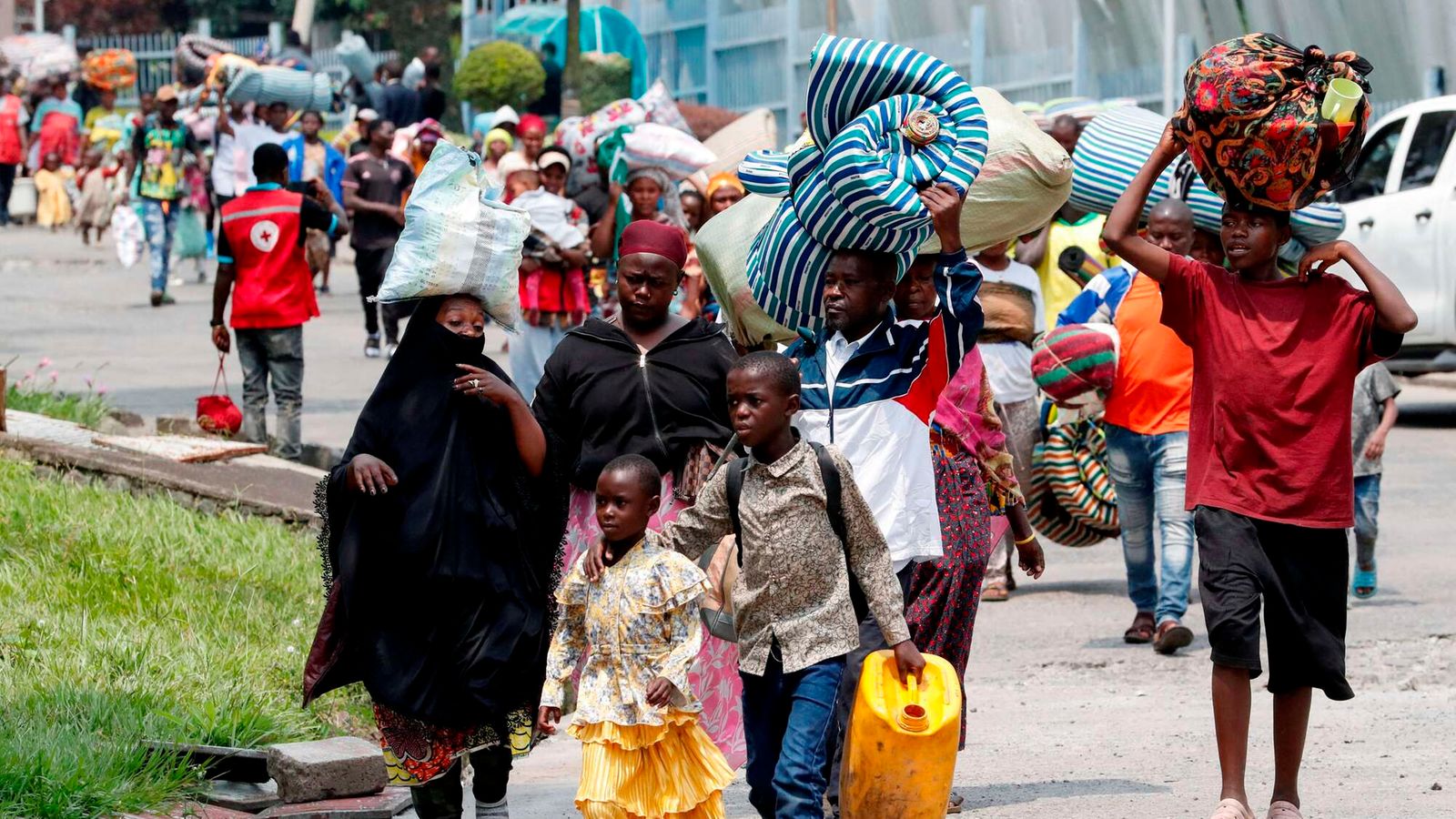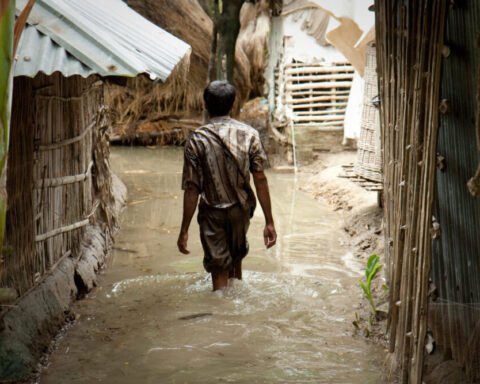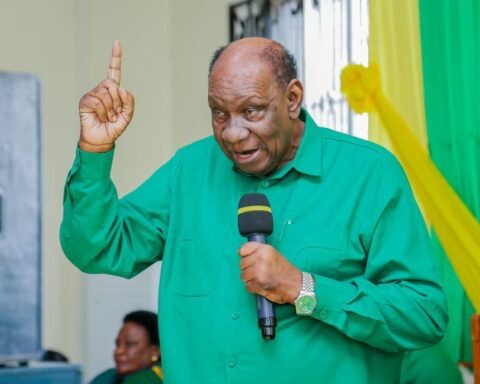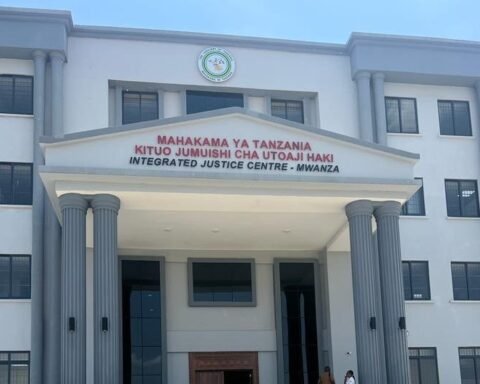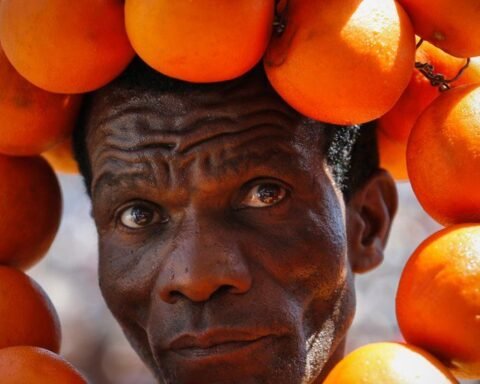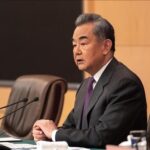World leaders are turning their attention to Tanzania this weekend, where a major summit is set to take place, bringing together the East African Community (EAC) and the Southern African Development Community (SADC).
At the heart of the discussions is the long-running conflict in eastern Democratic Republic of Congo (DRC), a crisis that has displaced hundreds of thousands and strained regional relations.
Tanzania, often known as a “Haven of Peace,” has a long history of playing a stabilizing role in Africa’s conflicts. From its involvement in the ousting of Uganda’s Idi Amin in 1979 to its mediation efforts in Burundi and South Sudan, the country has built a reputation as a neutral and respected voice in the region. Now, as it hosts this crucial summit, hopes are high that real progress can be made in ending the violence that has plagued the eastern DRC for years.
According to political analyst Emmanuel Lwanga from Mzumbe University, Tanzania’s neutrality gives it an advantage in brokering peace. “Unlike some of the nations involved, Tanzania doesn’t have a direct stake in the conflict. That credibility could help push forward meaningful dialogue,” he explains. However, past mediation efforts have often struggled due to deep-seated mistrust between the DRC and its neighbors, particularly Rwanda.
For DRC President Félix Tshisekedi, trust remains a major issue. He has, in the past, accused the EAC of leaning toward the M23 rebels, a stance that complicates the bloc’s involvement. But this summit presents a rare opportunity—bringing together leaders from both EAC and SADC for the first time to jointly tackle the issue. Given that the DRC is a member of both organizations, collaboration between the two blocs is seen as a key step in finding a lasting solution.
Also Read; NEMC Expands Environmental
Oversight in Central Zone
Among those pushing for stronger regional cooperation is Zimbabwean President Emmerson Mnangagwa, who currently chairs SADC. He has played an active role in uniting the two regional blocs, emphasizing the need for a coordinated strategy that avoids duplication of efforts. The meeting is expected to focus on merging existing peace initiatives, including the Luanda Process and the Nairobi-led EAC talks, into a single framework to streamline negotiations.
Adding urgency to the discussions is the recent move by the M23 rebel group to declare a unilateral ceasefire starting February 4, citing humanitarian concerns. The ceasefire comes after months of intense clashes, leading to numerous casualties and forcing tens of thousands of people to flee their homes. Humanitarian agencies have urged all parties to allow safe passage for aid, stressing the desperate conditions faced by displaced communities.

